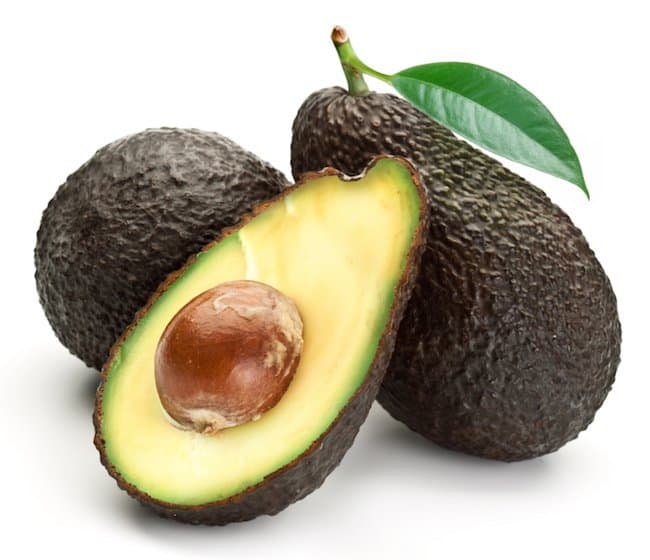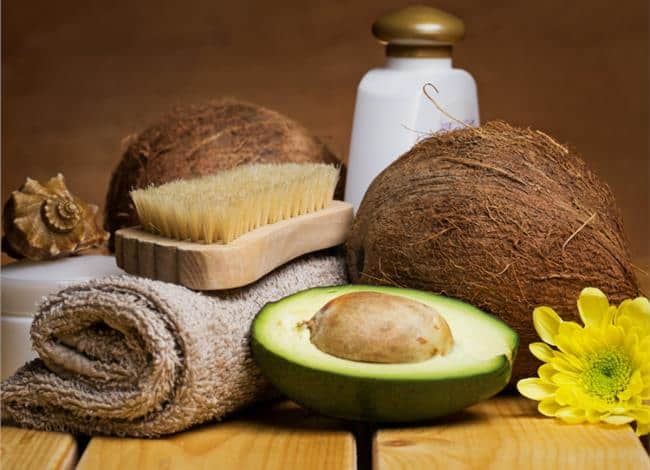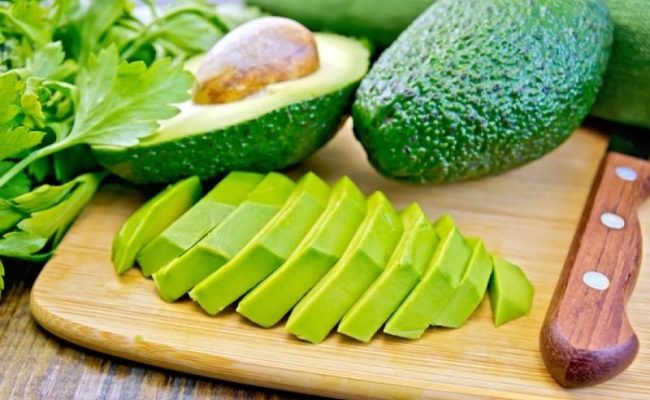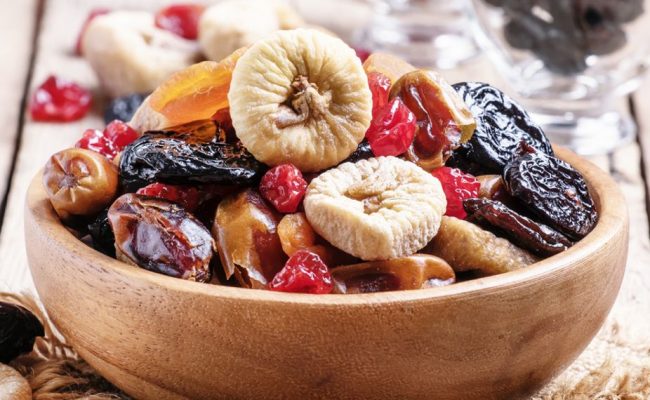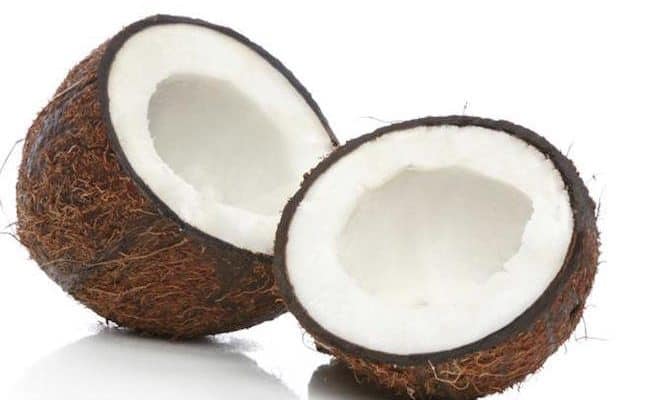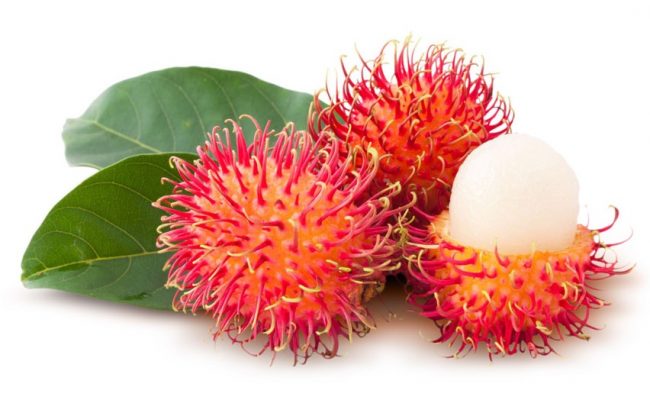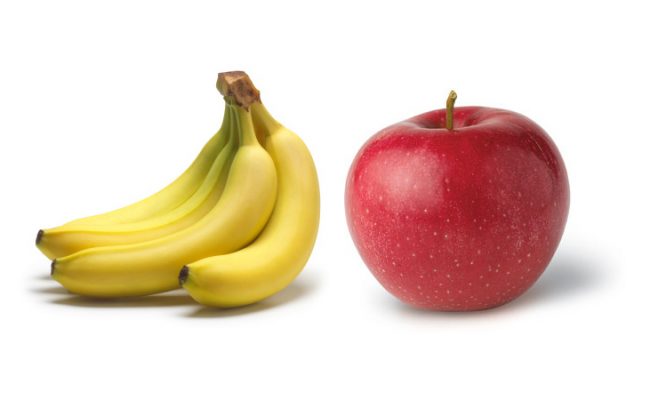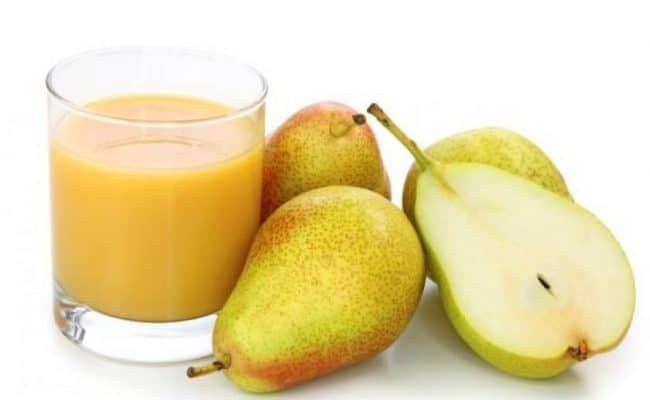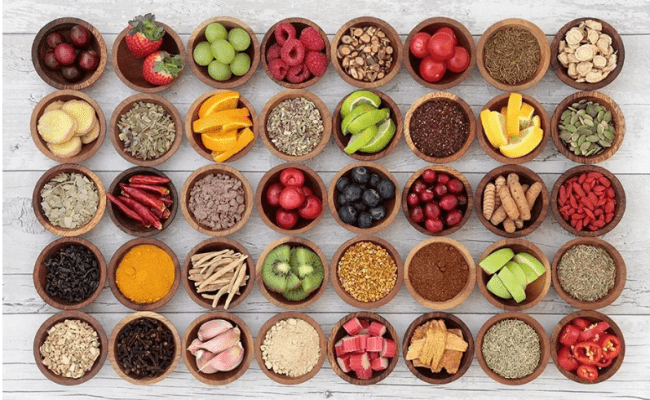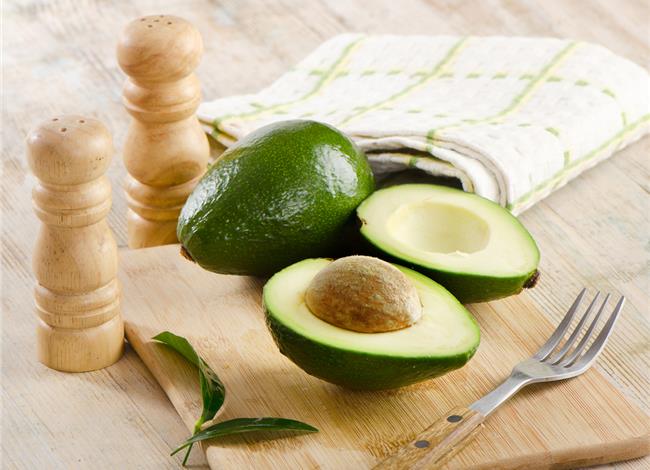
Avocados seem to have more similarities to vegetables than fruit. However, avocados are actually considered a fruit not a vegetable. Avocados are not sweet like other fruits, and they are a good source of monounsaturated fats which is rare for fruits.
Avocados are thought to have a more mild, less sweet flavor like other vegetables. In fact, avocados have less than 1 gram of sugar per serving.
Most Americans don’t get the recommended 5-9 servings of fruits and vegetables every day.
Adding more avocado, whether you think of it as a fruit or a vegetable, will help you reach the daily recommended servings of fruits and vegetables.
Avocados can be added to sweet and savory dishes and can be a healthy substitute for other fats like butter, mayo or sour cream.
Even though avocado is high in fat, you don’t need to fear it even if you’re trying to lose weight.
Most of the fat in avocados is monounsaturated meaning it is heart healthy. Eating avocados as part of a healthy, balanced diet can be conducive for weight loss.
See also:
Why are avocados a fruit?
According to avocadocentral.com, avocados are actually considered a single seed berry. The seed is what most people consider the inedible pit of an avocado.
Like other berries, avocados have an outer layer, an edible middle layer also called the mesocarp.
The mesocarp layer is the green edible part of the avocado. Avocados, like other berries, also have a thin almost unnoticeable inner layer around the seed (pit).
So, looking at avocados in this aspect, they do have some similarities to fruits.
Avocados and coconuts are two fruits that are higher in fat. Most other fruits are very, very low in fruit and mainly carbohydrate.
Those needing a low sugar diet can think of avocados as a go to choice for fruit.
Similarities between avocados and vegetables
Avocados are often thought of and classified with vegetables. Unlike other fruits, avocados are not sweet. They are actually very low in sugar unlike other fruit.
They have a milder flavor that is more characteristic for vegetables. Avocados are frequently enjoyed in savory dishes like other vegetables.
Avocados tend to pair well with other vegetables like guacamole, salads, egg dishes and tacos.
Health benefits of avocados
Avocados are a nutrient dense food; they provide almost 20 nutrients (1). Avocados contain a specific compound called beta-sitosterol that may help lower blood cholesterol levels.
Avocados, like other fruits and vegetables, are a good source for many antioxidants.
For example, avocados are a source of lutein and zeaxanthin that may offer specific eye health benefit.
Avocados are a source for the following vitamins and minerals: magnesium, potassium, vitamins C,E, K and B vitamins. Like other fruits and vegetables, avocados are a good source of fiber.
Eating foods high in fiber can offer many health benefits including: increasing satiety, promoting digestive health, cardiovascular health and regulating blood sugar levels.
Uses for avocado
Monounsaturated fats make up over 75% of the fats in avocado. Substituting foods high in monounsaturated fats in place of foods higher in saturated or trans fats is recommended.
So, instead of topping bread or a baked potato with butter, use avocado. Instead of spreading mayo on a sandwich, use avocado for a topping.
Use guacamole as a dip instead of cream based dips. Since avocado has a buttery, mild flavor, it can be paired with many different foods.
Adding avocado to a smoothie can add a creamy texture and boosting the content of many vitamins and minerals.
You can even use avocados as a substitute for baking. For example, most recipes you can use a one to one ratio for replacing butter with avocado (2).
Adding foods higher in healthy fats like avocados, nuts and olive oil does not translate into an increased risk for weight gain (3).
Epidemiological studies suggest those who have a higher intake of olive oil is associated with lowered BMI (4).
One way eating foods like avocados could help with healthy weight regulation is because fats can help keep you feeling satisfied after eating.
Foods high in fat can also help increase the absorption of fat soluble nutrients.
Is there any harm with eating too much avocado?
It is recommended to eat a variety of fruits and vegetables as part of a balanced, healthy diet.
Avocados should be one of many other fruits and vegetables you eat throughout the day.
If you are taking blood thinners, speak with your healthcare team before altering your intake of vitamin K rich fruits and vegetables.
Conclusion
Despite popular belief, avocados are considered a fruit not a vegetable. They are actually more similar to berries because they have an outer skin, inner edible layer surrounding a seed (pit).
There is also a slight, thin layer around the seed of the avocado.
Unlike other fruits, avocados are very low in sugar and high in monounsaturated fat. For this reason, they are considered closer to other vegetables.
Like all other fruits and vegetables, avocados are a nutrient dense food. They are a source for many vitamins, minerals and antioxidants.
Avocados are very versatile; they can be eaten in many ways. They are often associated with savory foods, but they can also be used for desserts.
